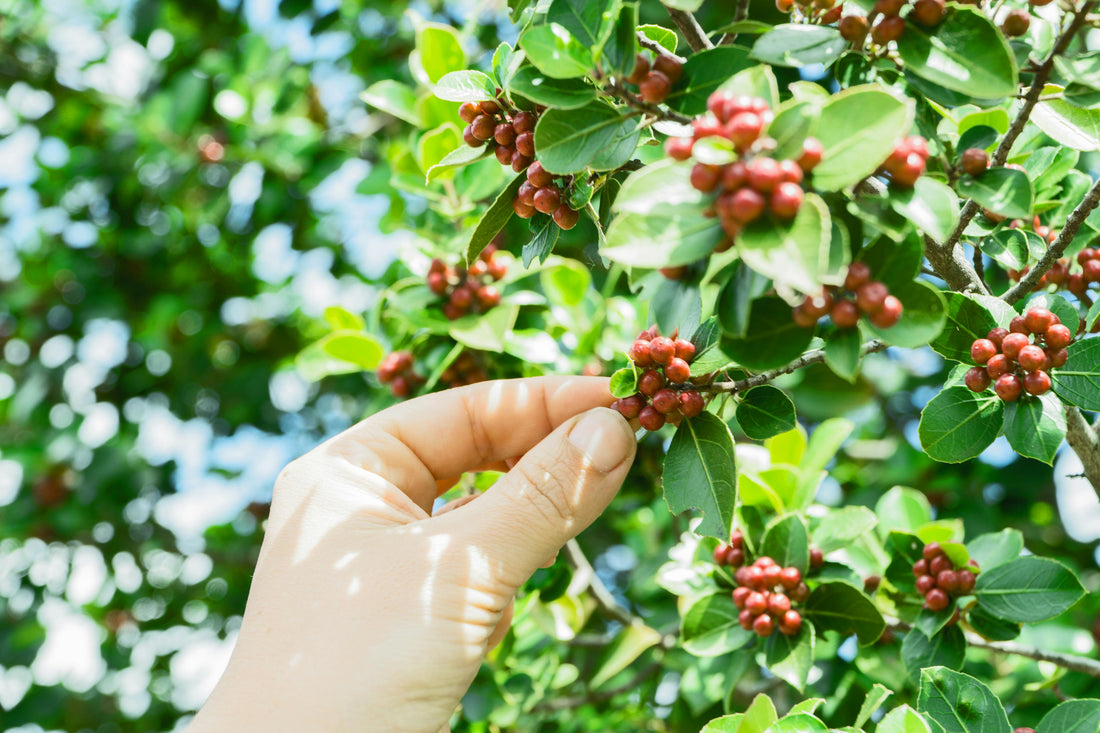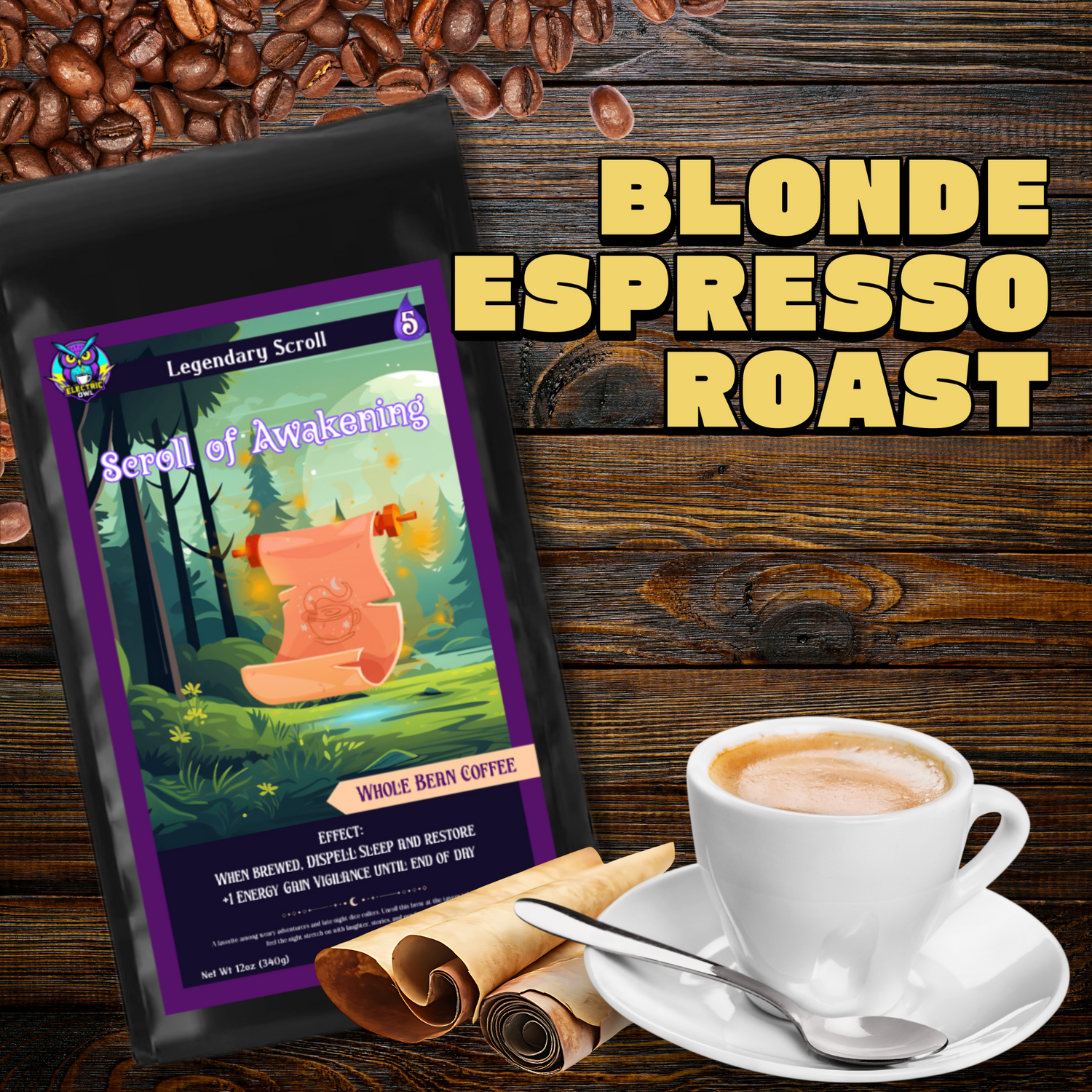
What Are Specialty Grade Coffee Beans? Your Complete Guide to Premium Coffee Quality
Share
Discover everything you need to know about specialty grade coffee beans, from quality standards to flavor profiles. Learn why these premium coffee beans cost more and how to identify the best specialty coffee for your taste.
What Is Specialty Grade Coffee? Understanding Premium Coffee Quality
Specialty grade coffee beans represent the highest quality coffee available to consumers, scoring 80 points or above on the Specialty Coffee Association's (SCA) 100-point grading scale. Unlike regular commercial coffee, specialty coffee beans undergo rigorous quality testing and meet strict standards for flavor, aroma, and defect-free appearance.
Key Characteristics of Specialty Grade Coffee:
- Score 80+ points on SCA cupping scale
- Fewer than 5 defects per 300g sample
- Zero primary defects (black beans, sour beans)
- Traceable to specific farms or regions
- Hand-picked at peak ripeness
How Specialty Coffee Beans Are Graded: The SCA Scoring System
The Specialty Coffee Association grading system evaluates coffee beans across multiple criteria:
Primary Scoring Categories:
- Fragrance/Aroma (15 points): Dry fragrance and wet aroma intensity
- Flavor (15 points): Taste characteristics and complexity
- Aftertaste (15 points): Length and quality of finish
- Acidity (15 points): Brightness and quality of acid notes
- Body (15 points): Tactile feel and weight in mouth
- Balance (15 points): How flavor components work together
- Overall (10 points): Holistic impression and uniqueness
Quality Classifications:
- 90-100 points: Outstanding specialty coffee
- 85-89.99 points: Excellent specialty coffee
- 80-84.99 points: Very good specialty coffee
- Below 80 points: Below specialty grade
Where Do Specialty Coffee Beans Come From? Top Growing Regions
Specialty coffee growing regions are typically located in the "coffee belt" between 25°N and 30°S latitude, at high altitudes with ideal climate conditions.
Best Specialty Coffee Origins:
Ethiopian Specialty Coffee
- Known for: Floral, fruity, wine-like flavors
- Famous regions: Yirgacheffe, Sidamo, Harrar
- Processing: Often natural or washed
Colombian Specialty Coffee
- Known for: Chocolate, nutty, caramel notes
- Famous regions: Huila, Nariño, Tolima
- Processing: Primarily washed
Jamaican Blue Mountain Coffee
- Known for: Mild, balanced, smooth profile
- Premium pricing due to limited production
- Ideal growing conditions at 3,000+ feet elevation
Hawaiian Kona Coffee
- Known for: Low acidity, rich body
- Only commercially grown coffee in the US
- Volcanic soil contributes to unique flavor
Guatemalan Specialty Coffee
- Known for: Full body, spicy, smoky notes
- Famous regions: Antigua, Huehuetenango
- High altitude growing (4,000+ feet)
Specialty Coffee vs Regular Coffee: What's the Difference?
| Aspect | Specialty Grade Coffee | Commercial Grade Coffee |
|---|---|---|
| Quality Score | 80+ points (SCA scale) | Below 80 points |
| Defect Rate | <5 defects per 300g | Higher defect tolerance |
| Harvesting | Hand-picked, selective | Machine harvested, mixed ripeness |
| Traceability | Farm/region specific | Generic origin blends |
| Processing | Careful, quality-focused | Mass production methods |
| Roasting | Small batch, precise | Large batch, uniform |
| Price | $12-30+ per pound | $4-8 per pound |
| Flavor | Complex, distinctive notes | Generic coffee taste |
How to Identify High-Quality Specialty Coffee Beans
Visual Inspection Signs:
- Uniform size and color across beans
- Minimal broken or chipped beans
- No visible defects (black spots, holes)
- Consistent roast level with no burnt edges
- Oil presence appropriate for roast level
Aroma and Flavor Indicators:
- Distinct fragrance when beans are ground
- Clean, bright acidity (not sour or harsh)
- Complex flavor notes that change as coffee cools
- Balanced sweetness and acidity
- Lingering, pleasant aftertaste
Packaging and Information:
- Roast date within 2-4 weeks
- Origin information (farm, region, altitude)
- Processing method (washed, natural, honey)
- Cupping score if available
How Much Do Specialty Coffee Beans Cost?
Specialty coffee pricing varies significantly based on quality, rarity, and origin:
Price Ranges:
- Good Specialty Coffee: $12-18 per pound
- Excellent Specialty Coffee: $18-25 per pound
- Outstanding/Rare Specialty Coffee: $25-50+ per pound
- Competition/Auction Coffees: $50-200+ per pound
Factors Affecting Price:
- Cup quality score (higher scores = higher prices)
- Rarity and limited availability
- Processing method complexity
- Direct trade vs commodity market pricing
- Organic or fair trade certifications
How to Brew Specialty Coffee Beans for Best Results
Optimal Brewing Parameters:
- Coffee-to-water ratio: 1:15 to 1:17
- Water temperature: 195-205°F (90-96°C)
- Grind size: Matched to brewing method
- Water quality: Filtered, low mineral content
- Brew time: Method-specific timing
Best Brewing Methods for Specialty Coffee:
- Pour Over (V60, Chemex): Highlights clarity and origin characteristics
- French Press: Emphasizes body and oils
- AeroPress: Versatile, clean cup with good body
- Espresso: Concentrates flavors, requires skill
- Cold Brew: Smooth, less acidic extraction
The Future of Specialty Coffee: Trends and Innovations
Emerging Trends:
- Climate-resilient coffee varieties to combat global warming
- Experimental processing methods (carbonic maceration, extended fermentation)
- Precision fermentation for consistent flavor development
- Blockchain traceability for supply chain transparency
- Carbon-neutral roasting and sustainable packaging
Market Growth:
The specialty coffee market continues expanding, with consumers increasingly willing to pay premium prices for quality, sustainability, and unique flavor experiences.
Frequently Asked Questions About Specialty Grade Coffee
Q: Is specialty grade coffee worth the extra cost? A: Yes, for coffee enthusiasts who appreciate complex flavors, ethical sourcing, and supporting quality-focused farmers. The price difference reflects higher production costs and superior quality.
Q: How long do specialty coffee beans stay fresh? A: Whole bean specialty coffee is best consumed within 2-4 weeks of the roast date. Ground coffee should be used within 1-2 weeks for optimal flavor.
Q: Can I buy specialty coffee beans in grocery stores? A: Some grocery stores carry specialty coffee, but selection is limited. Online specialty roasters and local coffee shops typically offer fresher, higher-quality options.
Q: What's the difference between single-origin and blend specialty coffee? A: Single-origin comes from one farm or region, showcasing specific terroir characteristics. Blends combine beans from multiple origins to create balanced, consistent flavor profiles.
Conclusion: Why Choose Specialty Grade Coffee Beans
Specialty grade coffee beans represent the pinnacle of coffee quality, offering complex flavors, ethical sourcing, and support for sustainable farming practices. While more expensive than commercial coffee, the superior taste experience and positive impact on coffee-growing communities make specialty coffee a worthwhile investment for serious coffee lovers.
Whether you're just beginning your specialty coffee journey or looking to expand your palate, understanding quality standards, origins, and brewing methods will help you find the perfect specialty coffee beans for your taste preferences and budget.
Join our community of specialty coffee enthusiasts and experience the difference that freshly roasted, carefully sourced beans can make in your daily coffee routine.


